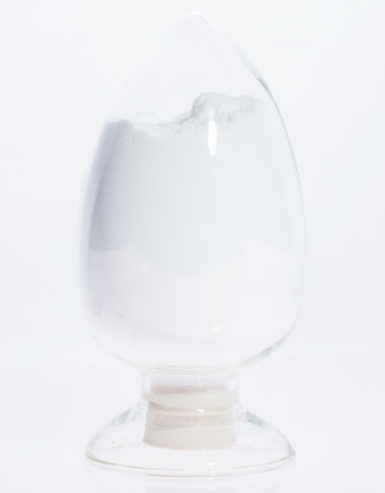
News
Sep . 12, 2024 23:08 Back to list
polyglutamic acid water treatment
The Benefits of Polyglutamic Acid in Water Treatment
Polyglutamic acid (PGA) is a naturally occurring biopolymer derived from the fermentation of certain microorganisms, primarily Bacillus species. Over recent years, PGA has garnered significant attention in various industries for its unique properties and versatile applications. One particularly promising area is its use in water treatment, where it offers numerous advantages over traditional methods.
The Benefits of Polyglutamic Acid in Water Treatment
Moreover, PGA exhibits remarkable flocculating properties. Flocculation is a process where fine particulates come together to form larger aggregates, or flocs, that can then be easily removed from the water. The use of polyglutamic acid as a flocculant has shown to be effective in enhancing sedimentation rates and improving the clarity of water. This is particularly beneficial in municipal water treatment plants, where maintaining high water quality is essential for public health. Traditional synthetic flocculants can often lead to several issues, including toxic by-products and environmental concerns, which PGA helps mitigate.
polyglutamic acid water treatment

Another significant advantage of polyglutamic acid is its capacity to bind water molecules, which effectively retains moisture. This property can be harnessed in water retention applications, making it valuable in agricultural and landscape irrigation systems. For instance, treating irrigation water with PGA can enhance its efficiency by ensuring that moisture is retained longer in the soil, reducing the need for frequent watering and conserving water resources.
In addition to its direct applications in water treatment, polyglutamic acid can also interact synergistically with other treatment agents. Its biodegradable nature allows it to work harmoniously alongside conventional coagulants and disinfectants without causing adverse reactions. This feature not only enhances the overall treatment efficiency but also reduces the environmental footprint of the water treatment process.
Furthermore, ongoing research is exploring the potential of polyglutamic acid in addressing emerging contaminants, such as pharmaceuticals and personal care products. These substances often escape traditional treatment methods, leading to concerns over water safety. The adaptability of PGA suggests promising avenues for developing new techniques to tackle these pollutants, thus furthering the integrity of water resources.
In conclusion, polyglutamic acid represents a significant advancement in the realm of water treatment. Its natural origin, eco-friendly properties, and efficient performance make it a compelling alternative to conventional methods. As water scarcity and quality issues continue to plague many regions worldwide, the adoption of safe and effective solutions like polyglutamic acid could pave the way for more sustainable water management practices. Embracing such innovations not only contributes to environmental sustainability but also ensures a safer and cleaner water supply for future generations.
-
Polyaspartic Acid Salts in Agricultural Fertilizers: A Sustainable Solution
NewsJul.21,2025
-
OEM Chelating Agent Preservative Supplier & Manufacturer High-Quality Customized Solutions
NewsJul.08,2025
-
OEM Potassium Chelating Agent Manufacturer - Custom Potassium Oxalate & Citrate Solutions
NewsJul.08,2025
-
OEM Pentasodium DTPA Chelating Agent Supplier & Manufacturer High Purity & Cost-Effective Solutions
NewsJul.08,2025
-
High-Efficiency Chelated Trace Elements Fertilizer Bulk Supplier & Manufacturer Quotes
NewsJul.07,2025
-
High Quality K Formation for a Chelating Agent – Reliable Manufacturer & Supplier
NewsJul.07,2025
